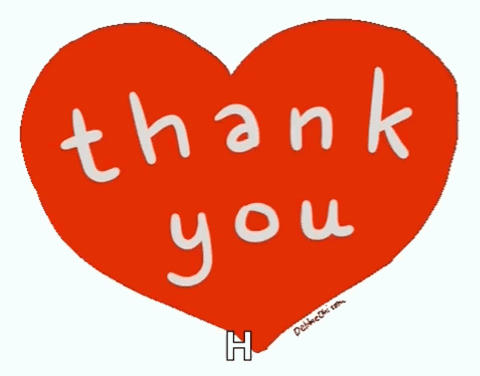ADHD is tough but you aren't alone.

To My Fellow ADHDers: You’re Not Alone
you’re not alone in this. ADHD can feel like your brain is on fast-forward while the world wants you to pause. The forgetfulness, the hyperfocus, the struggles with motivation I get it.
But you’re not broken. ADHD isn’t a flaw; it’s a different way of thinking. Sure, it’s tough, but it also comes with creativity, passion, and resilience. We see things differently, and that’s a gift.
WHAT HELPS ME:
🔹 Timers & Alarms – My brain’s external backup.
🔹 Body Doubling – Just having someone around helps me stay on track.
🔹 Forgiving Myself – Some days are messy, and that’s okay.
🔹 Movement & Music – Keeps me from zoning out.
🔹 Small Wins Matter – Every tiny step counts.
ADHD can feel isolating
What helps you manage your ADHD? Let’s share and support each other! 🫶
-Yours, Evo

@evosional90 

@evosional90
Thank you for seeing me and highlighting the positives of living with ADHD, I needed this today. :)

@aCalmOasis you're welcome oasis 😊💕

@evosional90 This is such a great and encouraging message! ADHD can definitely feel isolating, but reminders like this make all the difference.

How can I tell if I have depression, and what should I do about it?
Depression can manifest in different ways, but common signs include:
- Persistent sadness or emptiness
- Loss of interest in activities you once enjoyed
- Fatigue or lack of energy
- Changes in sleep or appetite
- Difficulty concentrating or making decisions
- Feelings of worthlessness or guilt
- Thoughts of self-harm or suicide (if you're experiencing this, please reach out to a trusted person or a professional immediately)
If you’ve been feeling this way for more than two weeks and it’s affecting your daily life, it may be depression. You’re not alone, and help is available.
Suggestions for Managing Depression:
- Seek Professional Help: A therapist or psychiatrist can guide you through treatment options like therapy, medication, or both.
- Talk to Someone You Trust: Opening up to a friend, family member, or support group can be helpful.
- Prioritize Small Wins: Even tiny achievements, like getting out of bed or taking a shower, matter.
- Stay Active: Gentle exercise, like walking, can improve mood.
- Create a Routine: Depression thrives in unpredictability, so structure can help.
- Practice Self-Compassion: You’re not lazy or weak—depression is an illness, not a choice.
How can someone recognize the early signs of depression, and what steps should they take to seek help?

@Harshini0904
Recognizing the Early Signs of Depression and Taking Steps to Seek Help
Depression often develops gradually, making it easy to overlook the early warning signs. Some key indicators include:
- Persistent sadness or low mood that lasts for weeks.
- Loss of interest in activities once enjoyed.
- Fatigue and low energy, even after resting.
- Changes in sleep patterns, such as insomnia or excessive sleeping.
- Appetite changes, leading to weight gain or loss.
- Difficulty concentrating or making decisions.
- Feelings of hopelessness, guilt, or worthlessness.
Steps to Seek Help
If you or someone you know is experiencing these signs, taking action early can make a big difference:
- Acknowledge Your Feelings – Understand that depression is not a sign of weakness but a legitimate mental health condition.
- Talk to Someone – Open up to a trusted friend, family member, or mentor about what you're going through.
- Seek Professional Help – A doctor or therapist can provide guidance, diagnosis, and treatment options, including therapy and medication if needed.
- Prioritize Self-Care – Small changes like maintaining a routine, getting sunlight, exercising, and practicing mindfulness can help.
- Join Support Groups – Connecting with others who understand can provide encouragement and reduce feelings of isolation.
Depression is treatable, and no one has to go through it alone.

@evosional90 a great reminder 💙